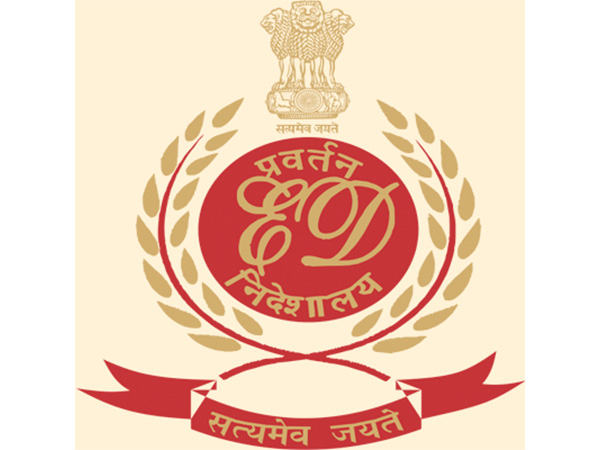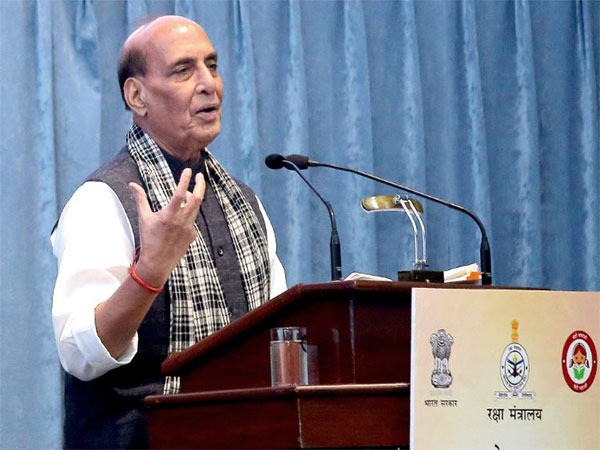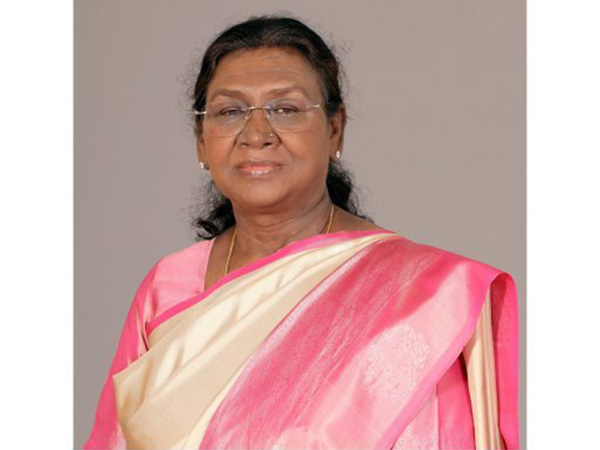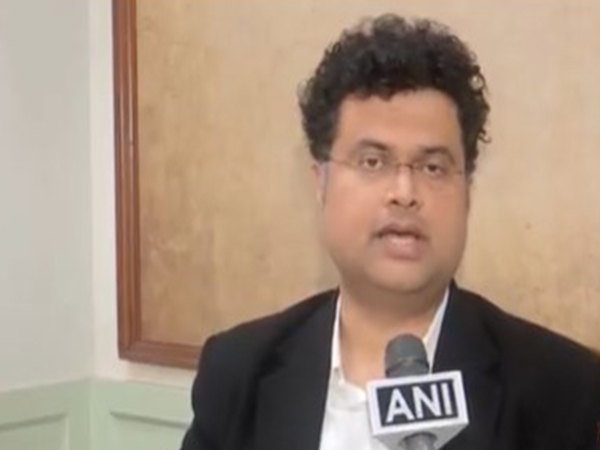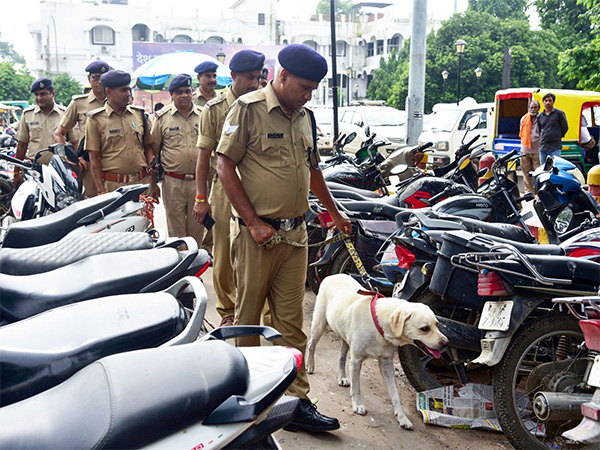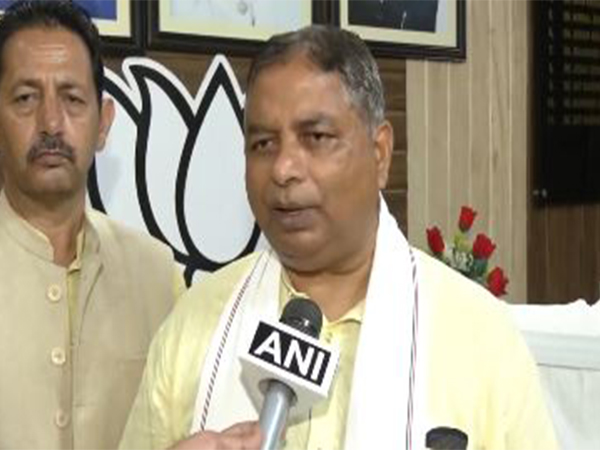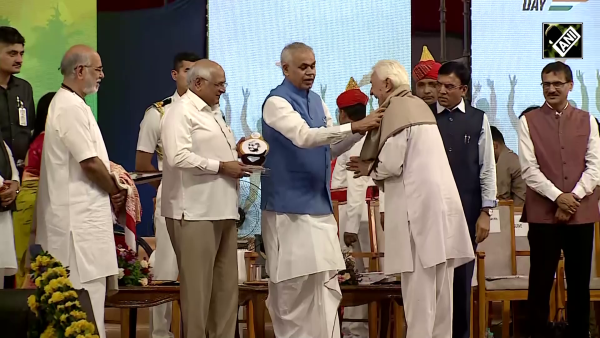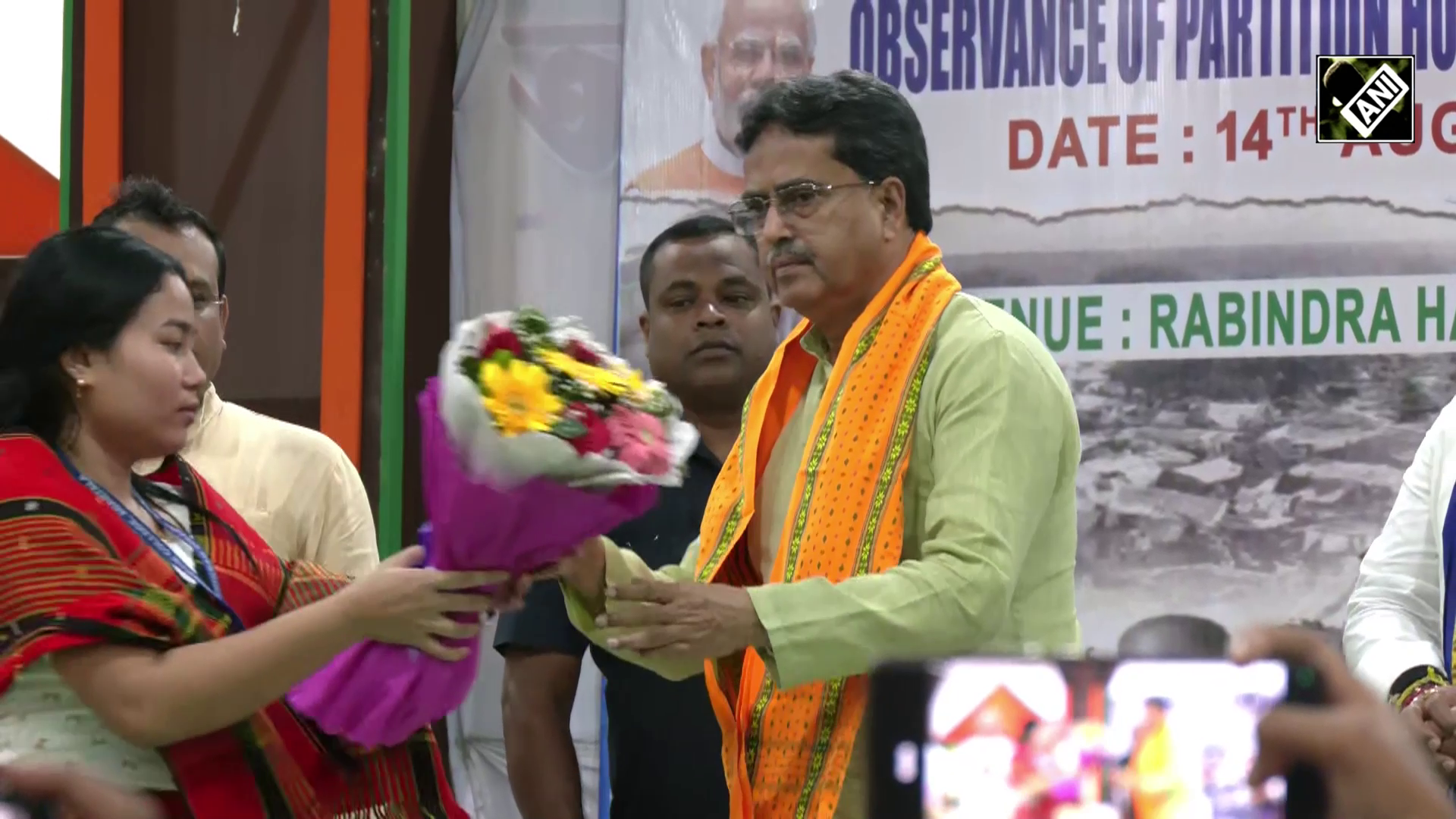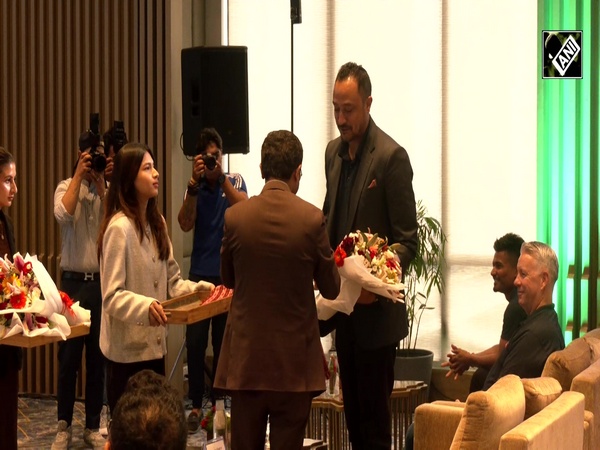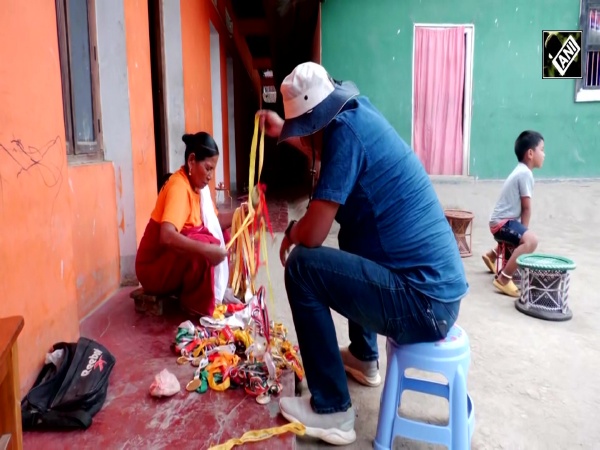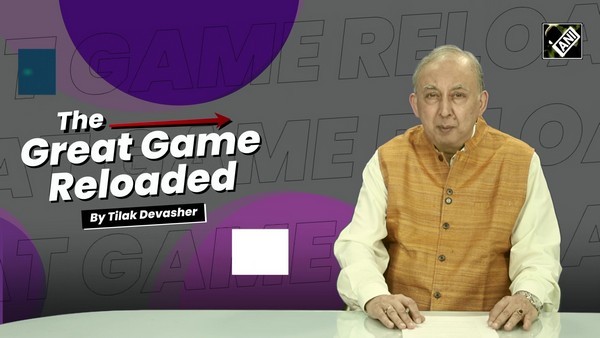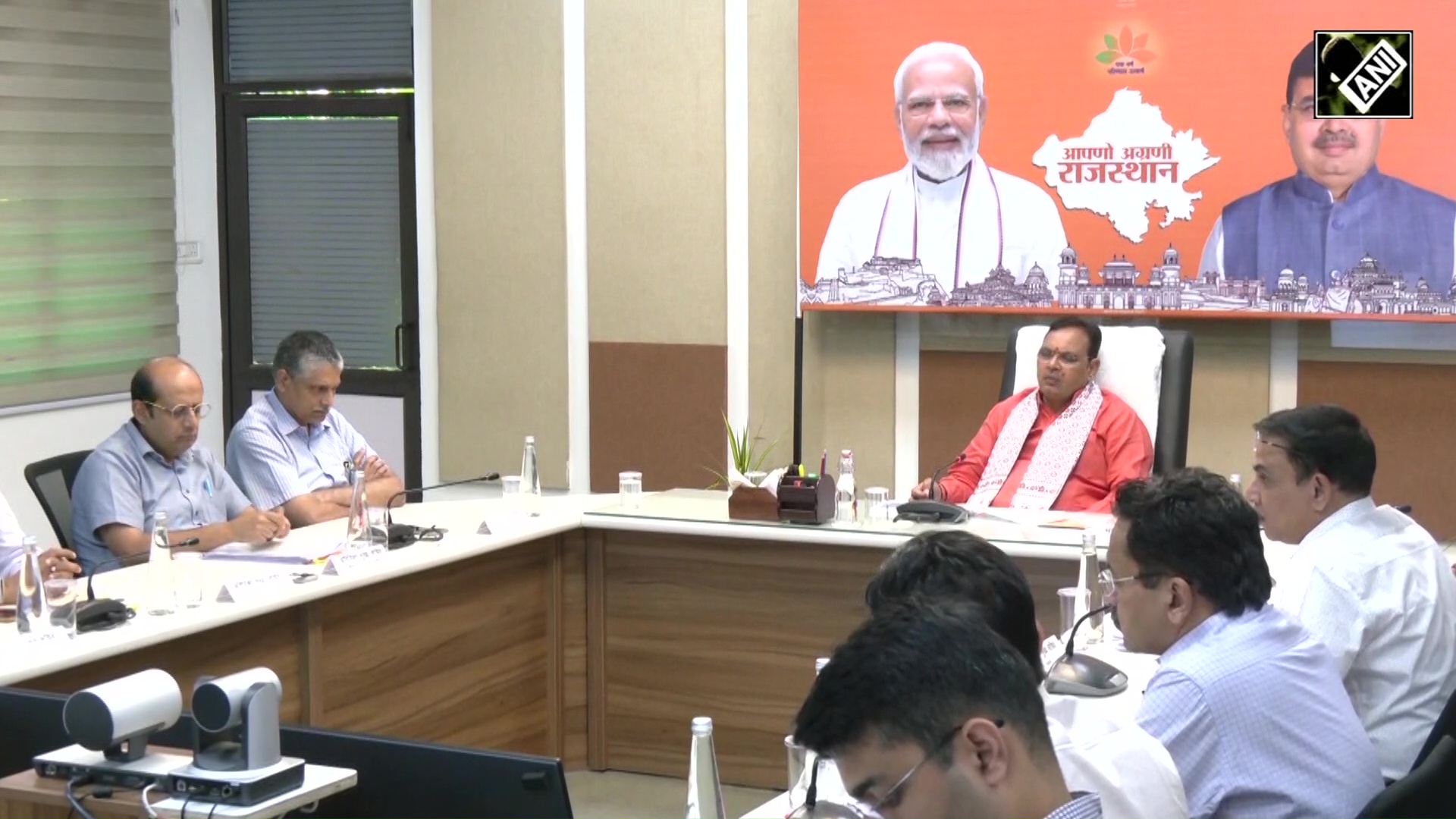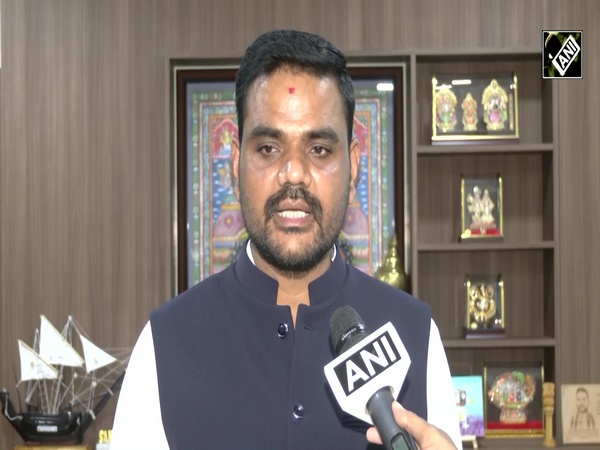Plea in SC against Karnataka HC verdict in Hijab row alleges 'step-motherly' behaviour by state government
Mar 15, 2022

By Amiya Kumar Kushwaha
New Delhi [India], March 15 : The plea moved in Supreme Court challenging Karnataka High Court's order, which dismissed petitions against the ban on Hijab in educational institutions, has alleged "step-motherly behaviour of state government authorities which has prevented students from practising their faith and resulted in an unwanted law and order situation".
Lawyer Anas Tanwir, representing the petitioner, said the petition has been filed against order and judgement of the High Court of Karnataka.
"This step-motherly behaviour of Government authorities has prevented students from practising their faith which has resulted in an unwanted law and order situation," the petitioner said.
The plea said the High Court in its impugned order "had vehemently failed to apply its mind and was unable to understand the gravity of the situation as well as the core aspect of the Essential Religious Practices enshrined under Article 25 of the Constitution of India".
"The High Court has erred in creating a dichotomy of freedom of religion and freedom of conscience wherein the court has inferred that those who follow a religion cannot have the right to conscience. There is no provision in the Act or the rules allowing the formation of a College Development Committee. Such a committee, even if formed, has no powers to regulate the wearing of uniform or any other matter in an educational institution," the plea stated.
"Further, it also misinterpreted the law in accordance with the given facts and erred heavily while granting relief to the petitioner by taking a stand in favour of the respondent, thus, failing to offer relief to the petitioner for its misery," the plea added.
The petitioner also maintained that the Karnataka HC, assuming the 'Essential Religious Practices Test' does apply, failed to note that "wearing of Hijab or headscarf is a practice that is essential to the practice of Islam".
"The High Court has failed to highlight the actions of the respondent which have shifted the burden of maintenance of public order from the state to the public on the basis that the wearing of Hijab by the etitioner is the sole reason for the situation, the petitioner pointed out. "This is akin to the claim that the etitioner is responsible for the issue because they have chosen to practice their faith publicly," the petition said.
"The High Court has failed to note that the right to wear a Hijab is protected as a part of the right to conscience under Article 25 of the Constitution. It is submitted that since the right to conscience is essentially an individual right, the 'Essential Religious Practices Test' ought not to have been applied by the High Court in this instant case, " it added.
Earlier today, the Karnataka High Court held that the prescription of uniform is a reasonable restriction that students could not object to and dismissed various petitions challenging a ban on Hijab in education institutions.
The High Court, while upholding the Karnataka government's order which directs strict enforcement of schools and colleges uniform rules, had dismissed petitions challenging the Hijab ban saying that they are without merit.
The Hijab row had erupted in January this year when the Government PU College in Udupi allegedly barred six girls wearing the hijab from entering. Following this, the girls sat in protest sat outside college over being denied entry.
After this, boys of several colleges in Udupi started attending classes wearing saffron scarves. This protest spread to other parts of the state as well leading to protests and agitations in several places in Karnataka.
As a result, the Karnataka government said that all students must adhere to the uniform and banned both hijab and saffron scarves till an expert committee decides on the issue.
On February 5, the pre-University education board released a circular stating that the students can only wear the uniform approved by the school administration and no other religious attire will be allowed in colleges.
The order stated that in case a uniform is not prescribed by management committees, then students should wear dresses that go well with the idea of equality and unity, and does not disturb the social order.
A batch of petitions was filed against the government's rule in the Karnataka High Court by some girls seeking permission to wear the hijab in educational institutions.
A bench of Karnataka High Court comprising Chief Justice Ritu Raj Awasthi, Justice Krishna S Dixit, and Justice JM Khazi heard the petitions challenging the government rule on dress code.
On February 10, the high court issued an interim order stating that said students should not wear any religious attire to classes till the court issues the final order. The hearings related to the Hijab case were concluded on February 25 and the court had reserved its judgement.
